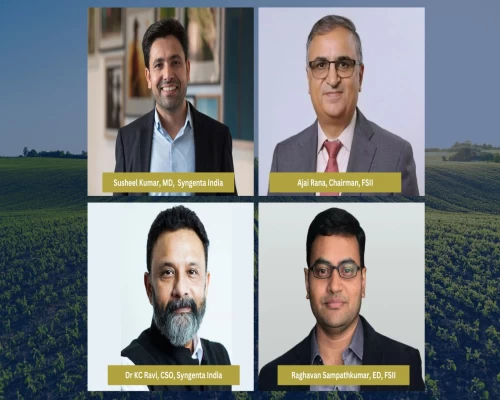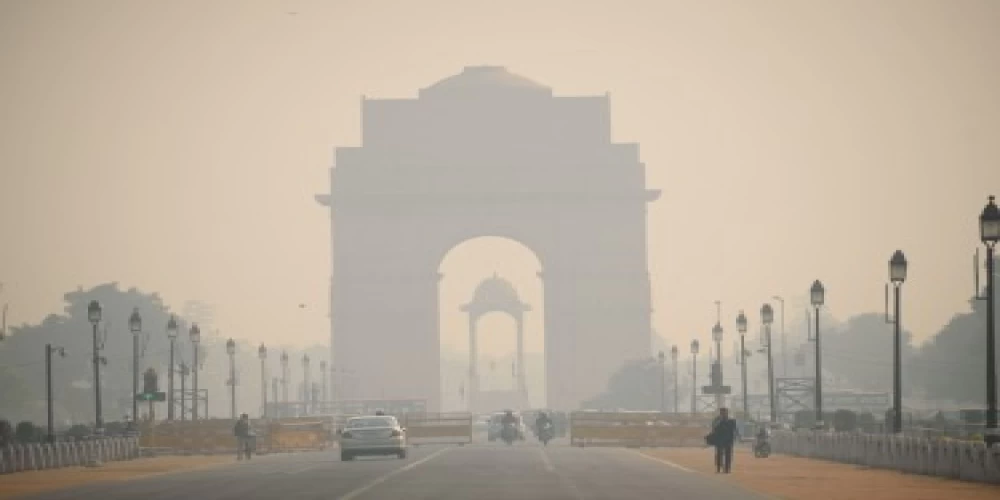
New Delhi: As the air quality in Delhi takes a nosedive, authorities have initiated the second phase of the Graded Response Action Plan (GRAP) to combat polluting activities. These measures come into effect as the Air Quality Index (AQI) plummets to 306, a "very poor" category on Monday, according to SAFAR-India data. To put this in context, the AQI scale categorizes air quality as follows: 0 to 50 as "good," 51 to 100 as "satisfactory," 101 to 200 as "moderate," 201 to 300 as "poor," 301 to 400 as "very poor," and 401 to 450 as "severe."
To combat this alarming trend, Delhi Environment Minister Gopal Rai has reintroduced the 'Red Light On, Gaadi Off' campaign, starting this Thursday. This initiative encourages people to turn off their vehicle engines while waiting at red lights, a small but significant step in reducing air pollution in the city.
Additionally, firecrackers have been banned in Delhi during Dussehra and Diwali, further curbing potential sources of pollution during the festive season. Environmental Minister Rai acknowledged that Delhi is grappling with 13 pollution hotspots, with eight more locations registering AQI levels above 300. Special teams have been dispatched to these areas to pinpoint the sources of pollution.
The deteriorating air quality is attributed to factors like low wind speed and a drop in temperature, which trapped pollutants in the atmosphere. The Delhi government has also reached out to neighboring states to address the issue of stubble burning, a significant contributor to the city's high pollution levels.
The second stage of GRAP includes the application of dust suppressants to water sprinkled on trees and roads throughout the capital. Additionally, people are encouraged to reduce their reliance on personal vehicles as NCR cities increase parking fees. Authorities are also set to enhance the frequency of Metro trains, CNG buses, and other public transport options to reduce local emissions.
While these measures are essential in the fight against pollution, it's crucial for residents and authorities to work together to improve the air quality and protect public health. As the AQI hovers in the 'very poor' category, further deterioration could result in more stringent restrictions, including potential curbs on vehicular movement and the closure of schools and colleges.
The battle against air pollution in Delhi is a shared responsibility, and with a combination of governmental policies and individual actions, the city can hope for clearer skies and healthier lives. /BI/


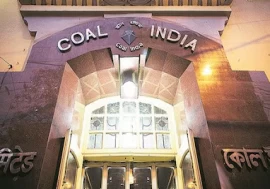
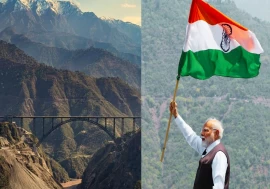

 (14)_500_x_400.webp)
 (4) (1)_500_x_400.webp)
 (2) (1)_500_x_400.webp)
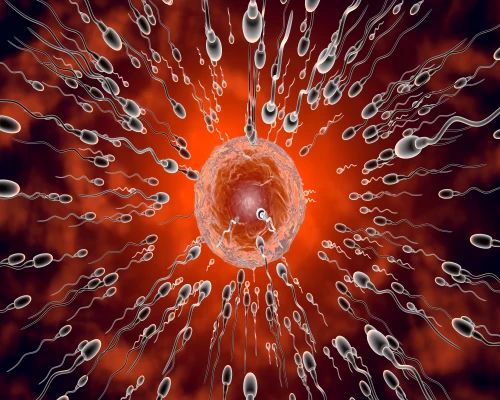
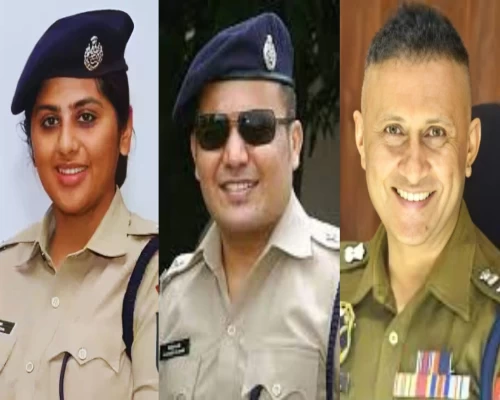

_500_x_400.webp)
